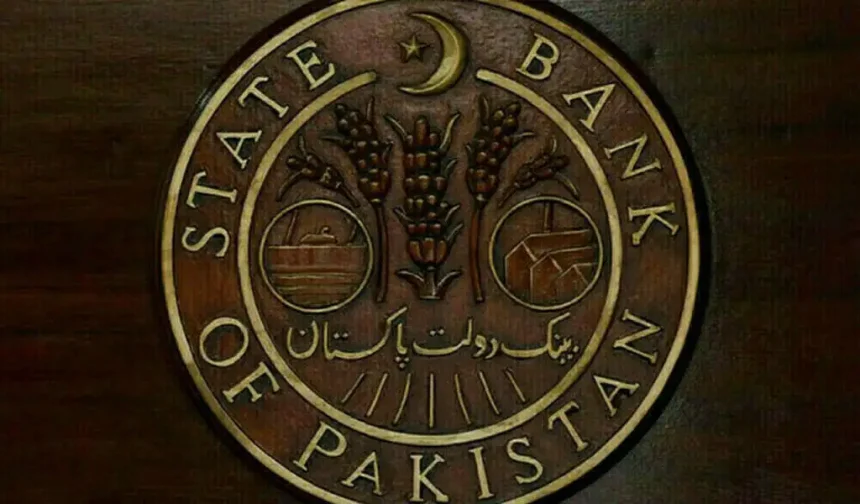(CTN News) – It is possible that the State Bank of Pakistan (SBP) Inflation would opt to reduce the policy rate by 150 basis points (bps) during the upcoming meeting of the Monetary Policy Committee (MPC) in the event that the Consumer Price Index (CPI)-based inflation reading continues to show a downward trend.
However, the agenda for the meetings of the MPC has not yet been made available to the general public for distribution by the SBP.
“It has been predicted that the Consumer Price Index (CPI) will cool down to 10.5% in July 2024, despite a month-over-month increase of 1.6%.
According to a study conducted by JS Global released the following Saturday, Pakistan’s real interest rate (RIR) continues to be sky-high, expanding to 10 percentage points.
” It is worth pointing out that there had already been a rate cut in June 2024 (1.5% cut to 20.5% policy rate).
Pakistan’s RIR was 8ppt despite Inflation falling from 38% a year ago to 12.6% in June.
“This was despite the fact that Pakistan’s policy rate had reached 20.5%.” Our viewpoint is that the Monetary Policy Committee’s (MPC) decision to continue the easing cycle at its upcoming meeting in July is strengthened by the trend of lowering inflation.
This recommendation was made by the MPC. It is anticipated that there will be an additional 1.5% cut in salary during the forthcoming MPS.
On June 10, the Monetary Policy Committee of the State Bank of Pakistan (SBP) announced the decision to reduce the key policy rate by 150 basis points, bringing it down to 20.5%. This decision was taken. This was the first time in the past four years that the primary policy rate was reduced, and it was a significant event.
The Monetary Policy Committee (MPC) published a statement during that time period in which it noted that although the significant decline in inflation since February was generally in accordance with projections, the outturn in May was better than what was first anticipated.
This statement was provided in response to the fact that the MPC had issued a statement.
Despite the restrictive monetary policy stance that is being reinforced by fiscal austerity, it was reported that the Monetary Policy Committee (MPC) has judged that underlying inflationary pressures are also lessening.
The inflation case was believed to be involved in this case.
“This is demonstrated by the persistent slowdown in core inflation as well as the relaxation in inflation expectations of both consumers and companies in the most recent surveys,” the author writes.
During the same time period, the Monetary Policy Committee (MPC) made the observation that there were some positive risks to the near-term inflation outlook that were associated with the incoming budgetary measures and the uncertainty over future adjustments to energy prices.
These risks were associated with the fact that there were some positive risks to the outlook for inflation. Despite these risks and the decision that was made today, the Committee made the comment that the cumulative effect of earlier monetary tightening is anticipated to keep inflationary pressures under control.
This assessment was made in spite of the fact that the decision was made today.
Earlier, in its “Pakistan Country Risk Report” that was published on July 15, BMI, which is a Fitch Solutions Company, predicted that the State Bank of Pakistan (SBP) would lower the main policy rate during its upcoming meeting of the Monetary Policy Committee (MPC).
This prediction was made in the context of the report’s publication.
It is expected that the SBP would decrease its primary policy rate to 16% by the end of the current calendar year, which is 2024, and then further drop it to 14% by the end of 2025, according to the projections that were made by BMI in its study.
This is the case since the SBP is projected to decrease its key policy rate.
SOURCE: BRN
SEE ALSO:
Thai Meteorological Department Warns of Developing Tropical System in South China Sea
30 Smuggled Luxury Cars Returned to the UK
Police in Chiang Rai Launch Crackdown on Cyber Criminals in Golden Triangle

Salman Ahmad is known for his significant contributions to esteemed publications like the Times of India and the Express Tribune. Salman has carved a niche as a freelance journalist, combining thorough research with engaging reporting.














